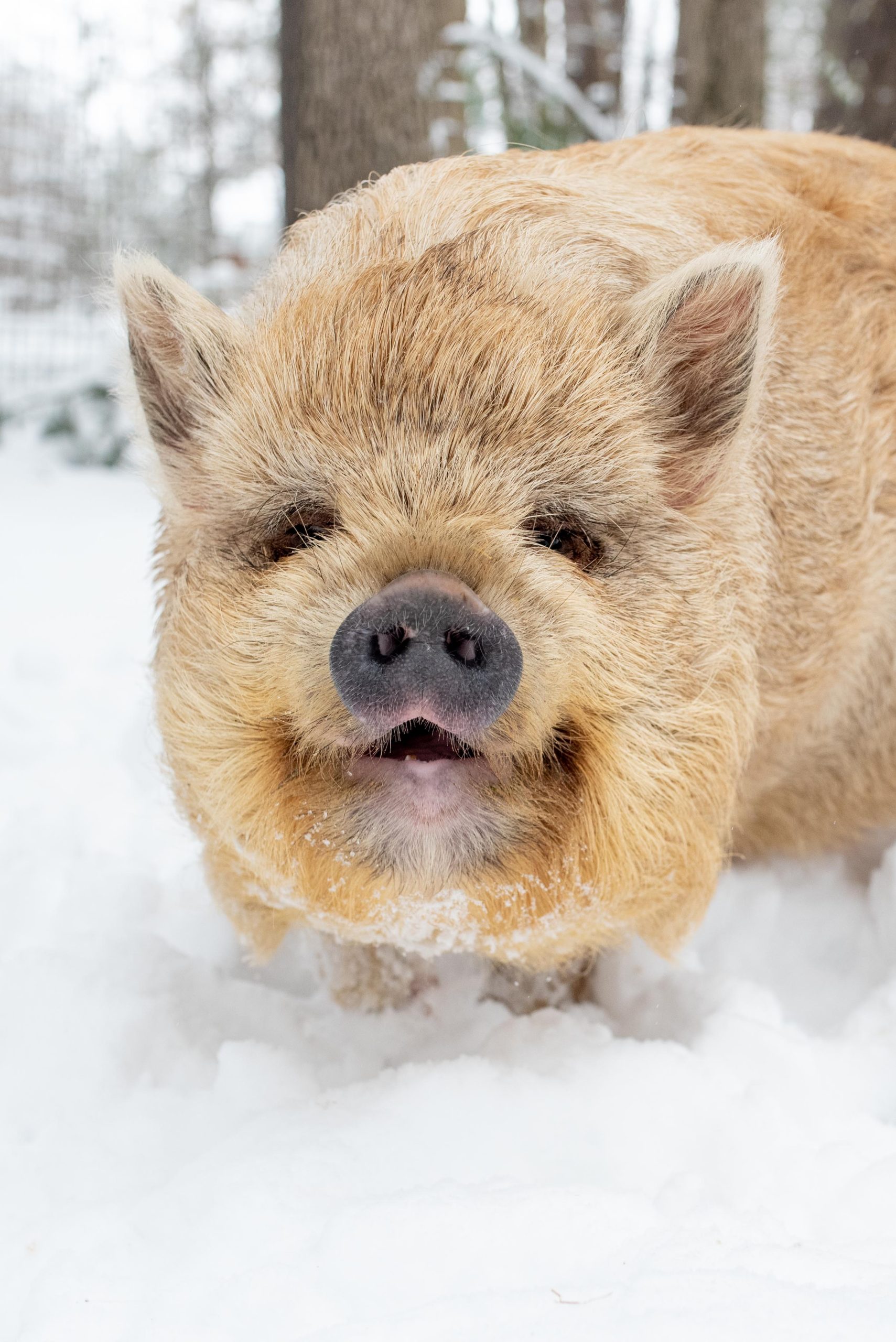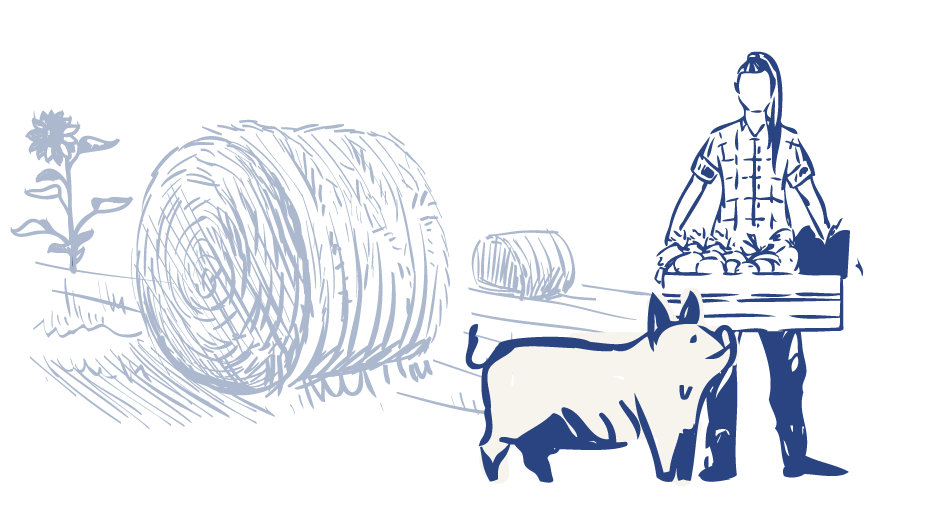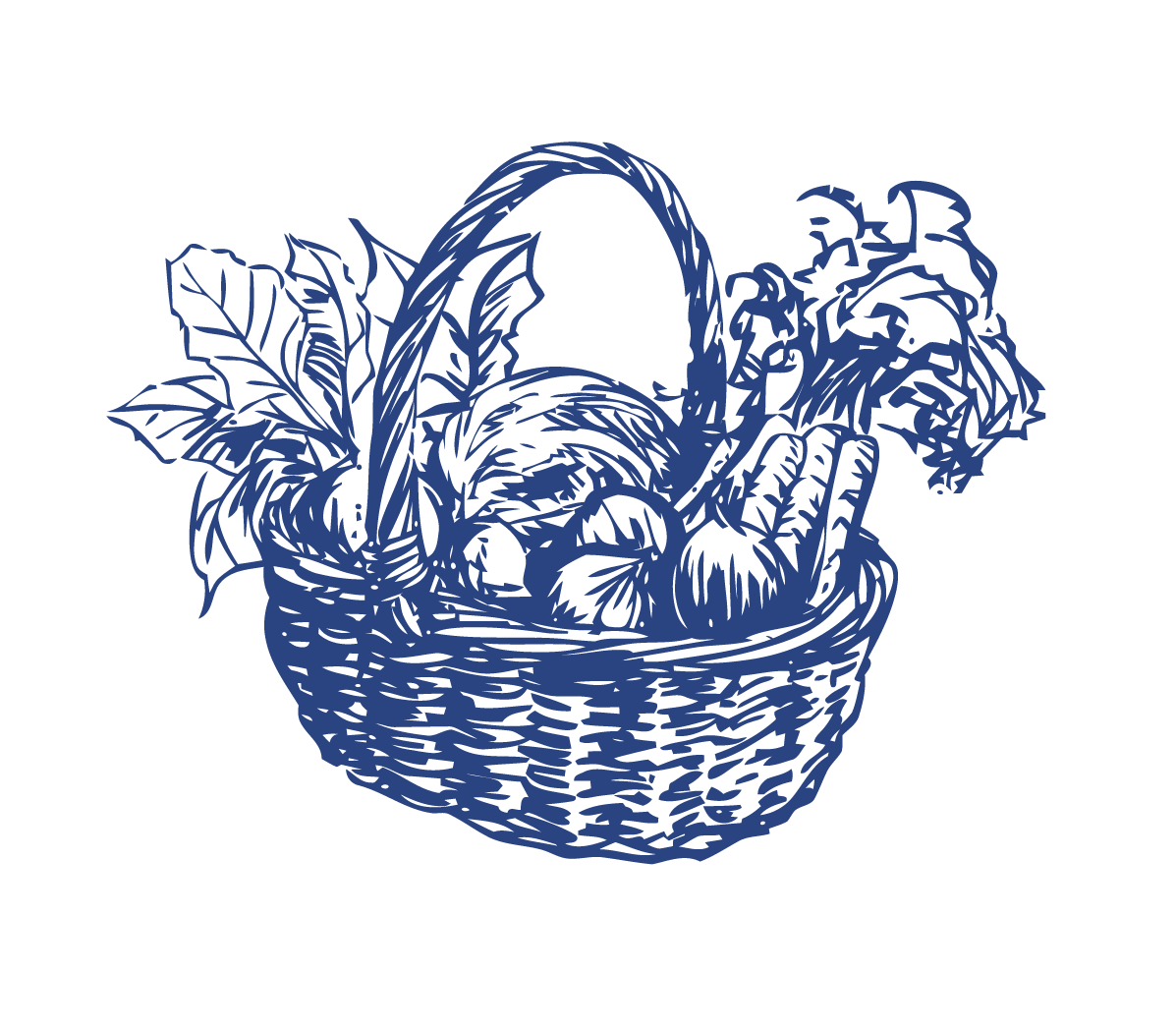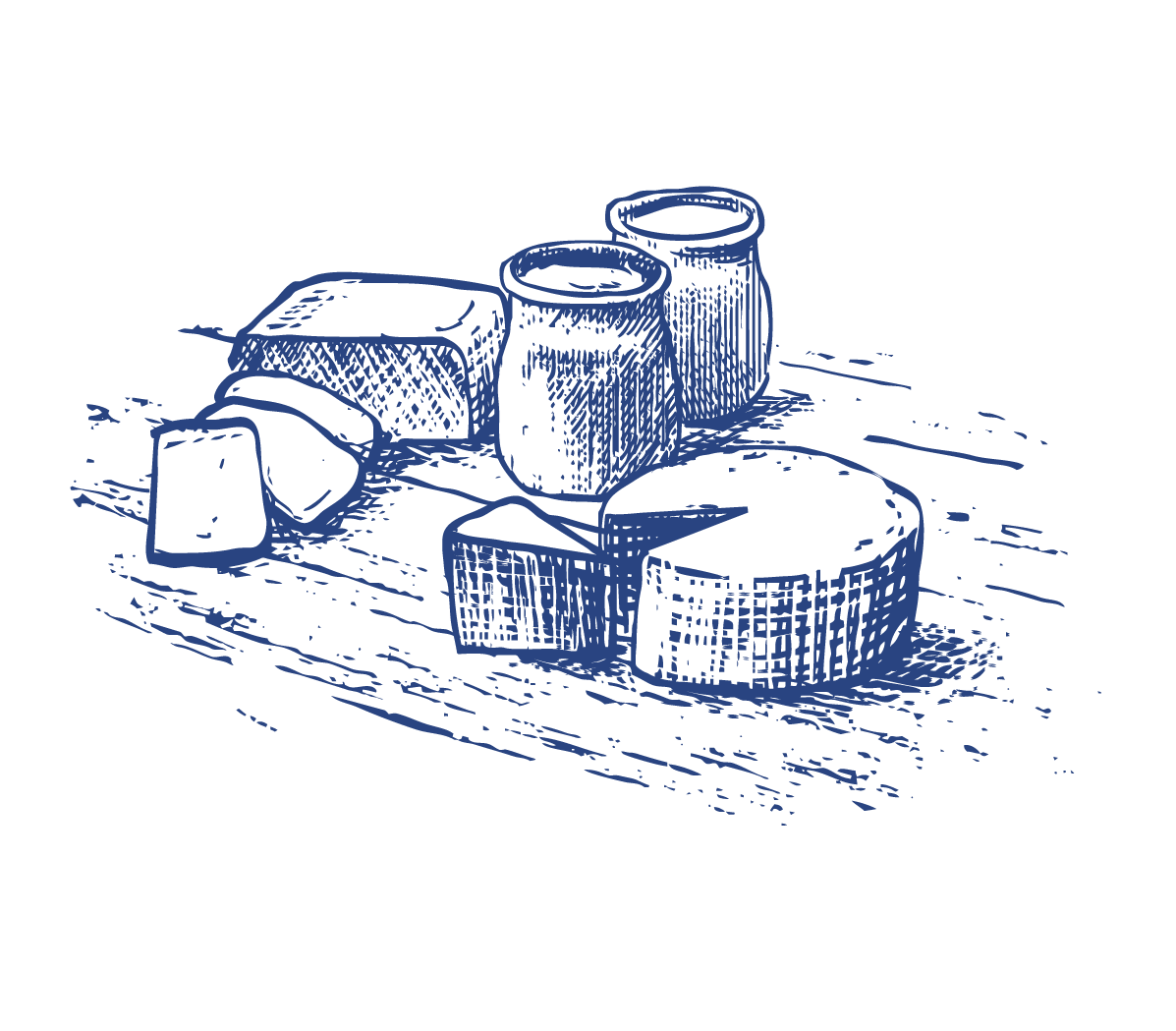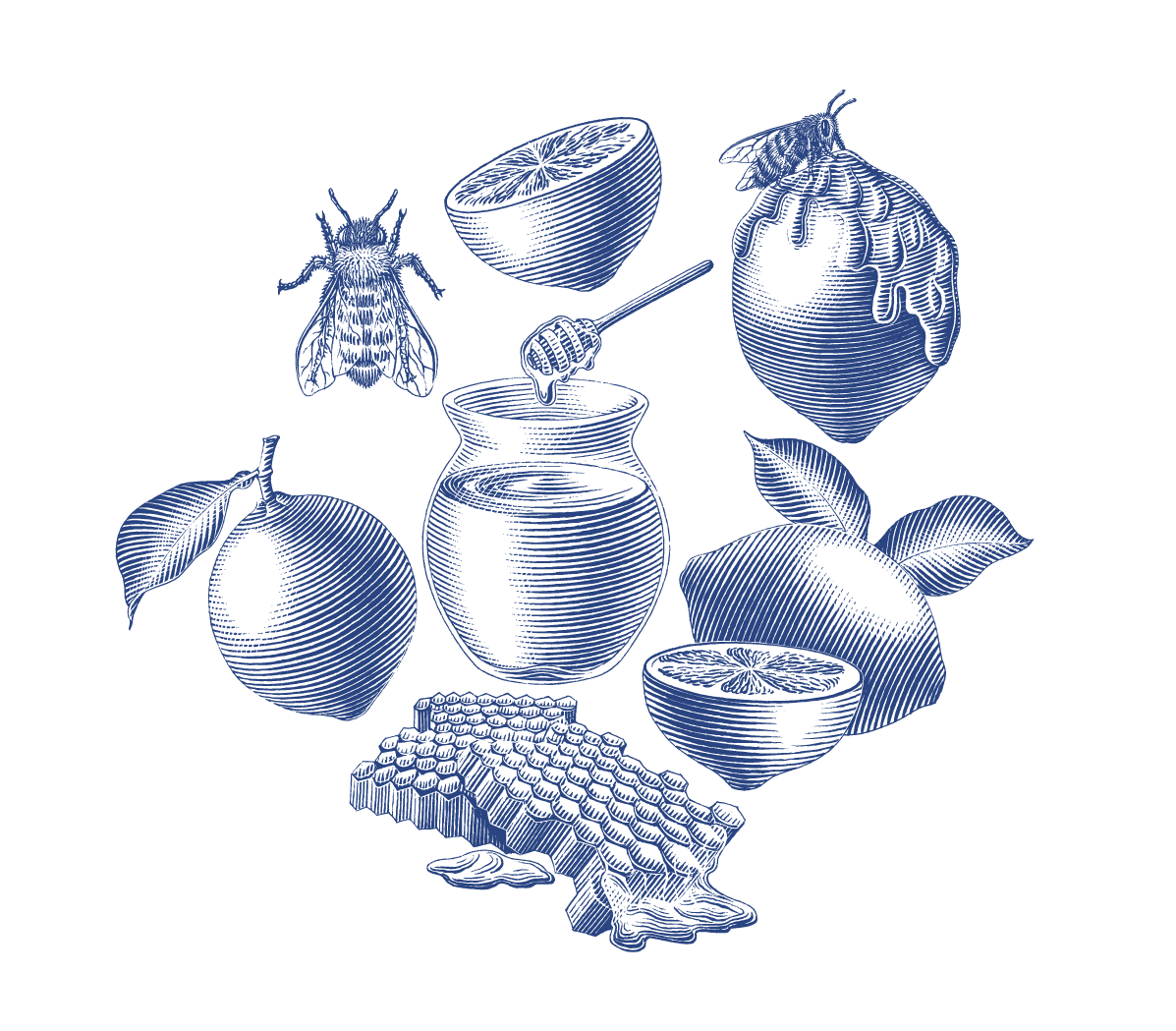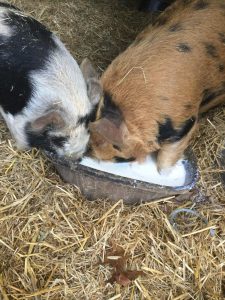The truth about feeding Kune Kunes
Kune Kune pigs have quickly gained popularity as a homestead pig, which is wonderful, but the downside to their rapid popularity is that many people are breeding and selling them without any foundational pig knowledge.
Those buyers then sell their own pigs to new buyers, and those new buyers sell their own. As a result, we have thousands of Kune Kunes spread across the US with very few farmers who have had them more than a few years.
Nowhere is that more apparent than in the feeding advice we’ve seen – usually some version of “they can eat grass and they don’t need anything else.” That is not true, at least in New England, and we want to start you off with the correct knowledge you need to have healthy pigs not just for a couple of years, but for many vibrant generations on your homestead.

